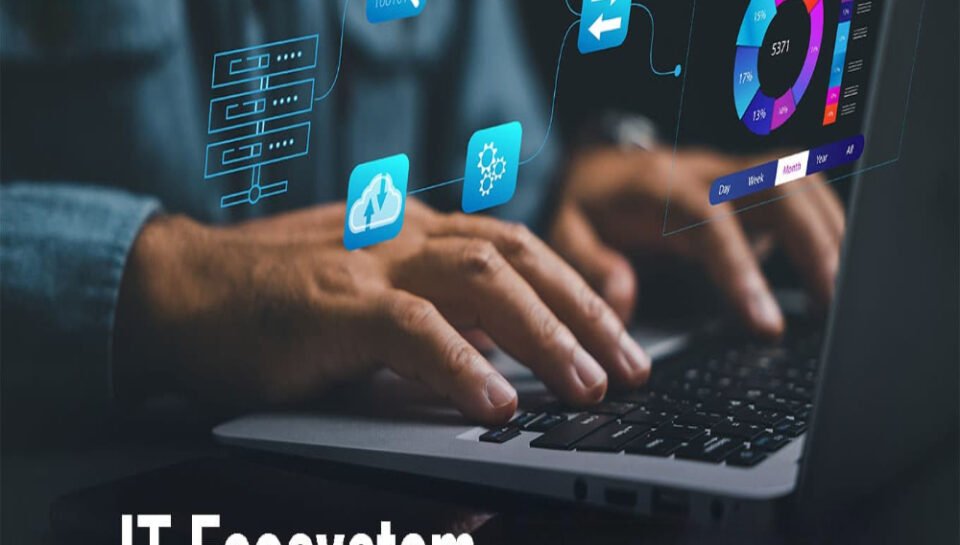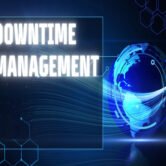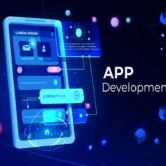
Define App Management in the Indian IT ecosystem.
Introduction
App management is the structured process of overseeing the full lifecycle of an application—from its initial development to its eventual retirement. As mobile and web applications continue to dominate modern business strategies, the importance of robust app management becomes increasingly evident. This discipline ensures that applications run efficiently, remain secure, are regularly updated, and continue to meet both user expectations and business objectives. In today’s digital era, app management is no longer a technical afterthought; it is a strategic necessity that directly impacts user experience, operational efficiency, and long-term success. Whether an app is used internally within an organization or serves as a platform for customer interaction, effective app management forms the backbone of sustainable software delivery and performance.
Application lifecycle planning
Planning the application lifecycle is a foundational component of effective app management. This process includes defining the app’s purpose, identifying its target audience, outlining its features, and determining key performance indicators. From concept to launch and beyond, planning ensures that every phase aligns with the overall business strategy. Proper lifecycle planning also accounts for scalability, long-term maintenance, security standards, and decommissioning strategies. Organizations that invest time in lifecycle planning are more likely to produce stable, scalable, and adaptable applications that support long-term goals.
User experience and interface optimization
A user-friendly design and seamless interface are critical for app success. App management includes continuously monitoring user behavior, conducting usability tests, and applying analytics to improve user experience (UX). Interface optimization involves simplifying navigation, reducing load times, and maintaining consistent design elements across different platforms. A good user experience boosts retention, encourages engagement, and strengthens brand loyalty. Iterative design improvements, based on real-time feedback and behavior analysis, help deliver a product that resonates with its audience and stays competitive in the market.
Performance monitoring and incident response
Continuous performance monitoring is vital to identify and rectify issues before they affect users. Performance metrics such as server uptime, app response time, error rates, and data throughput help app managers maintain operational excellence. Incident response protocols must be in place to address unexpected failures, crashes, or vulnerabilities. Utilizing tools like application performance monitoring (APM) software allows for automated alerts and diagnostics. With real-time data and dashboards, technical teams can rapidly respond to performance deviations, minimize downtime, and maintain service quality.
Security management and compliance
Security management is one of the most critical aspects of app management. It includes implementing encryption protocols, securing APIs, managing user authentication, and regularly scanning for vulnerabilities. Compliance with data protection regulations such as GDPR, HIPAA, or CCPA ensures legal alignment and builds user trust. App managers must enforce policies that cover data storage, access control, password standards, and user consent mechanisms. Regular audits and security patches protect against breaches and maintain the integrity of user data and application performance.
Version control and release management
Managing app updates, patches, and new feature rollouts requires a structured version control system. App managers use tools like Git to maintain a history of changes, collaborate with developers, and ensure stable codebases. Release management involves planning update timelines, testing changes in staging environments, and deploying updates with minimal disruption to users. Rollback options should be readily available in case issues arise after deployment. A streamlined release process fosters innovation while maintaining application stability and user satisfaction.
Cross-platform functionality and device compatibility
Ensuring that applications work consistently across different operating systems and devices is a key responsibility in app management. This includes optimizing apps for Android, iOS, Windows, and web browsers, while accounting for variations in screen size, resolution, and hardware capabilities. Developers often use cross-platform frameworks such as React Native or Flutter to achieve uniformity. Regular compatibility tests and device simulations help identify potential issues and enhance user experience across diverse digital environments.
Analytics and user behavior insights
Understanding user behavior is essential for making informed decisions about app updates and improvements. App managers leverage analytics tools to gather data on session lengths, user flows, feature usage, and engagement rates. Behavioral insights highlight what features users love and what areas may need refinement. By segmenting user data, app managers can tailor updates and marketing strategies to specific demographics. Analytics also play a vital role in detecting churn trends, retention gaps, and monetization opportunities, allowing businesses to evolve their digital offerings intelligently.
Collaboration and communication strategies
Effective app management requires seamless collaboration between development, operations, marketing, and customer support teams. Regular meetings, shared documentation, and cross-functional planning sessions ensure alignment. Tools like Slack, Jira, and Asana support workflow integration and task tracking. Transparent communication enables quicker decision-making, unified goals, and proactive issue resolution. Strong collaboration also bridges the gap between technical development and user needs, creating a unified vision for app success.
Scaling and performance tuning
As applications gain popularity and usage increases, scalability becomes a priority. App managers must prepare the infrastructure to handle high volumes of data and concurrent users without performance degradation. Scaling solutions may include database optimization, content delivery networks (CDNs), server load balancing, and the use of microservices architecture. Performance tuning involves refining code, caching content, optimizing API calls, and enhancing database queries. These practices ensure that the app remains efficient, responsive, and resilient as it grows.
Conclusion
App management is a strategic function that blends technical proficiency with user-centered thinking and business alignment. It involves much more than just maintaining software—it requires foresight, planning, collaboration, and continuous improvement. From lifecycle planning to analytics, every component contributes to building robust, secure, and engaging applications. In today’s competitive landscape, organizations that prioritize app management are better positioned to innovate, retain users, and achieve digital excellence. With the right tools, strategies, and cross-functional collaboration, app management can transform applications into powerful business assets that drive growth and customer satisfaction.
Hashtags
#AppManagement #MobileApps #DigitalExperience #UserInterfaceDesign #UXMatters #PerformanceMonitoring #AppPerformance #SecurityFirst #DataCompliance #GDPRReady #HIPAACompliant #ReleaseManagement #VersionControl #CrossPlatformSupport #DeviceCompatibility #AppAnalytics #UserInsights #CollaborationTools #DevelopmentOps #TechStrategy #ScalableApps #CloudBasedApps #MicroservicesArchitecture #DigitalTransformation #ApplicationSuccess





